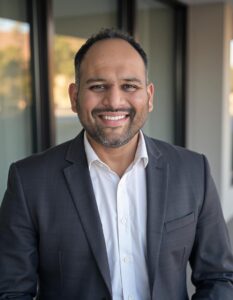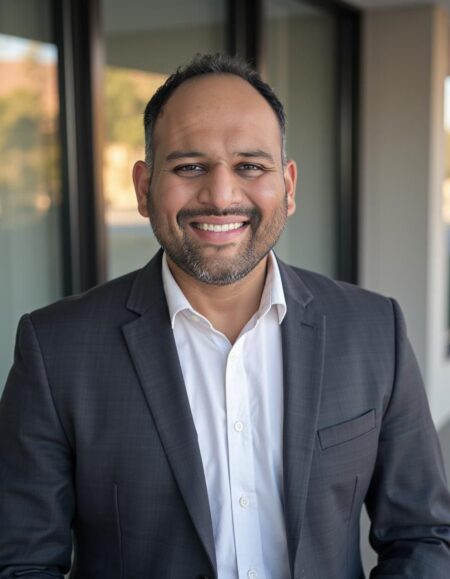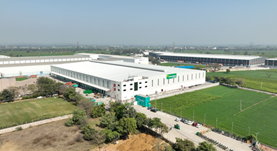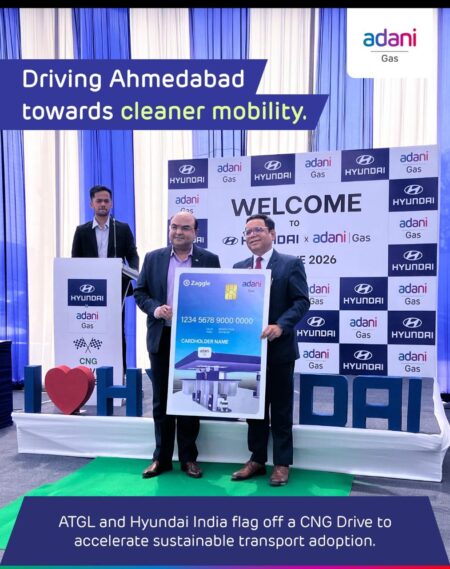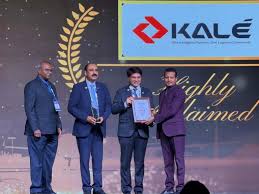Gadkari inaugurates an international methanol seminar and emphasises biofuels for energy independence.
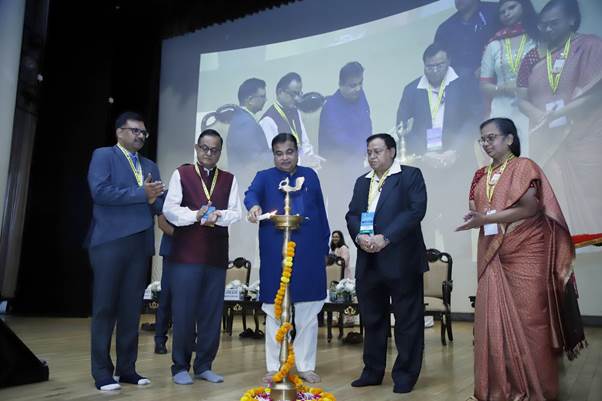
Union Minister of Road Transport & Highways, Nitin Gadkari, inaugurated the International Methanol Seminar and Expo in New Delhi, organised by NITI Aayog. The event brought together prominent figures, including Suman Bery, Vice Chairman of NITI Aayog, V K Saraswat, Member of NITI Aayog, and Ajay Kumar Sood, Principal Scientific Advisor to the Government of India. The Expo displayed various methanol-based products and technologies, aiming to showcase advancements in alternative fuels.
In his keynote address, Gadkari emphasized the pressing need to reduce India’s dependency on fossil fuel imports, which currently amounts to ₹22 lakh crore. Highlighting the dual challenges of rising pollution and the global instability surrounding fossil fuels, he underscored the importance of biofuels like methanol, ethanol, and bio-CNG as cost-effective alternatives. Gadkari noted that these biofuels could not only strengthen India’s energy security but also lower logistics costs, enhancing the nation’s competitiveness in global markets.
The minister pointed out that India is making significant strides in the methanol sector, with initiatives led by NITI Aayog showing promising results. Methanol, produced from low-quality coal available in several Indian states, is emerging as an affordable, cleaner energy source. Gadkari also lauded the waste-to-wealth concept, where used materials such as tyre powder and plastic are being utilised in road construction, reducing the reliance on imported bitumen.
Another key topic addressed by Gadkari was the stubble burning issue in Punjab and Haryana. He emphasised the potential of converting crop waste, particularly rice straw, into bio-CNG, which could mitigate seasonal air pollution. With 475 projects underway and 40 already operational in states like Punjab, Haryana, and Karnataka, this waste-to-energy solution offers a 5:1 conversion ratio from rice straw to bio-CNG. Gadkari urged for more research to improve the efficiency of biomass fuel sources and reduce transportation costs.
In addition to biofuels, the minister spoke on the broader need for an energy policy that promotes indigenous, cost-effective, and employment-generating solutions. He stressed that such a policy could address the nation’s key challenges of rising pollution and fossil fuel imports while supporting sustainable development.
Gadkari praised NITI Aayog for organising the seminar and expo, emphasising the role of events like these in fostering innovation and collaboration in the biofuel and energy sectors. The International Methanol Seminar served as a platform for discussing the future of alternative fuels in India’s energy landscape and their role in reducing both environmental impact and logistics costs.



